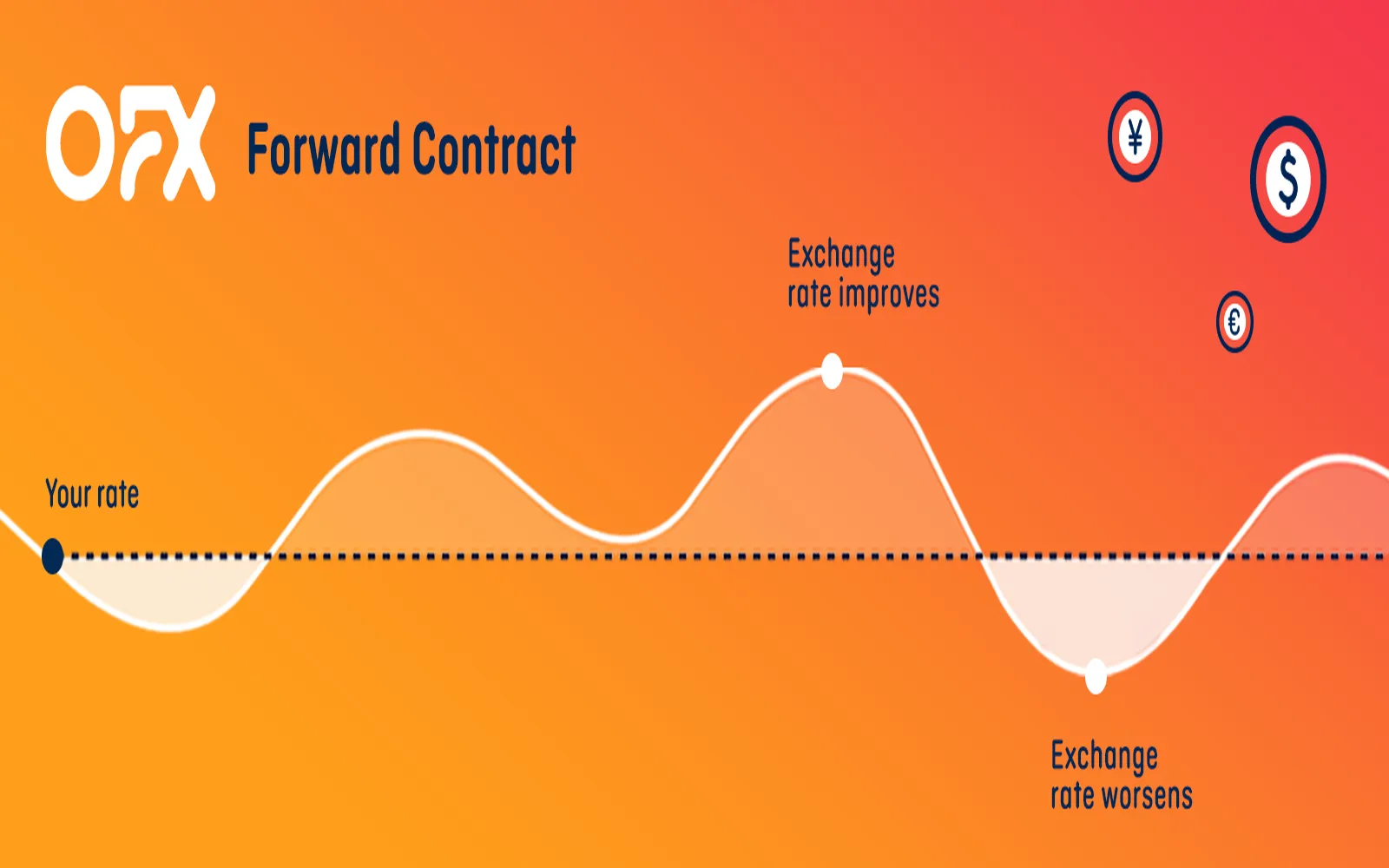Top Real Estate Crowdfunding Sites for U.S. Investors
Real estate crowdfunding has emerged as a revolutionary way for investors to diversify their portfolios and gain access to real estate opportunities that were once reserved for wealthy individuals. By pooling funds from a large number of investors, crowdfunding platforms allow participants to invest in various real estate projects, ranging from residential properties to commercial developments. However, like any investment, real estate crowdfunding comes with its own set of risks and rewards that potential investors need to understand.
Understanding Real Estate Crowdfunding
Real estate crowdfunding allows individuals to invest in real estate ventures through online platforms. These platforms facilitate the pooling of funds for specific projects, enabling investors to buy shares in real estate deals. This method democratizes real estate investing, making it accessible to a broader audience. Investors can contribute relatively small amounts, which can lead to significant diversification in their investment portfolios.
The Rewards of Real Estate Crowdfunding
One of the primary rewards of real estate crowdfunding is the potential for attractive returns. Many crowdfunding platforms offer the opportunity to earn rental income as well as potential appreciation in property value. This dual-income potential can significantly enhance an investor's overall return on investment (ROI).
Another advantage is the low entry barrier. Traditional real estate investments often require substantial capital for down payments and closing costs, making them inaccessible for many. In contrast, real estate crowdfunding platforms may allow investments starting at just a few hundred dollars, making it easier for everyday investors to enter the market.
Moreover, real estate crowdfunding provides investors with the opportunity to diversify their portfolios. By investing in multiple properties across various locations and sectors, investors can spread their risk and reduce the impact of any single investment's underperformance.
Additionally, many crowdfunding platforms offer professional management of the properties, which means investors do not have to deal with the day-to-day operations associated with property management. This can be particularly appealing for those who want to invest in real estate but lack the time or expertise to manage properties directly.
The Risks of Real Estate Crowdfunding
While there are numerous rewards, there are also significant risks associated with real estate crowdfunding. One of the primary risks is the lack of liquidity. Unlike stocks, which can be sold quickly in the open market, investments in real estate crowdfunding are often illiquid. Investors may have to wait several years to see a return on their investment, making it crucial to assess one's financial situation before committing funds.
Another risk is the potential for project failure. Not all real estate projects succeed, and if a project underperforms or fails entirely, investors could lose their capital. It's essential to conduct thorough due diligence on each project and the crowdfunding platform before investing.
Additionally, regulatory risks exist in the realm of real estate crowdfunding. While many platforms operate under specific regulations, the industry is still relatively new and evolving. Changes in laws and regulations could impact the viability of certain investments or the crowdfunding platform itself.
Investors should also be aware of the fees associated with real estate crowdfunding. Many platforms charge management fees, which can eat into potential returns. It's vital to understand the fee structure and how it will affect overall profitability.
Evaluating Real Estate Crowdfunding Opportunities
When considering real estate crowdfunding opportunities, investors should evaluate several key factors:
- Platform Reputation: Research the crowdfunding platform's track record, user reviews, and regulatory compliance.
- Project Details: Look into the specifics of each project, including location, market trends, and the experience of the project team.
- Financial Projections: Review the financial forecasts provided by the platform. Ensure they are realistic and backed by data.
- Exit Strategy: Understand the exit strategy for your investment. Know when and how you can withdraw your funds or sell your shares.
Conclusion: Is Real Estate Crowdfunding Right for You?
Real estate crowdfunding offers a unique opportunity to invest in real estate without the traditional barriers to entry. However, it is essential for investors to weigh the risks and rewards before diving in. By conducting thorough research and due diligence, investors can find suitable opportunities that align with their financial goals and risk tolerance.
In summary, real estate crowdfunding can be a powerful tool for diversifying investment portfolios and generating income, but it is not without its challenges. Understanding the landscape, staying informed about market trends, and carefully evaluating each opportunity can help investors make informed decisions in this evolving space.
Explore

Real Estate Agent Success Tips: Thriving in a Competitive Market

Best Innovation Stocks for Long-Term Investors

Top Sites to Book Discounted Business-Class Flights
Unlocking Success: The Essential Guide to Real Estate CRM for Agents and Brokers

Currency Hedging Strategies for Investors in 2025

Top Travel Booking Sites for Your Next Trip

Executive Education Programs That Deliver Real Leadership Impact

Top Online Therapy Platforms for Depression Support
